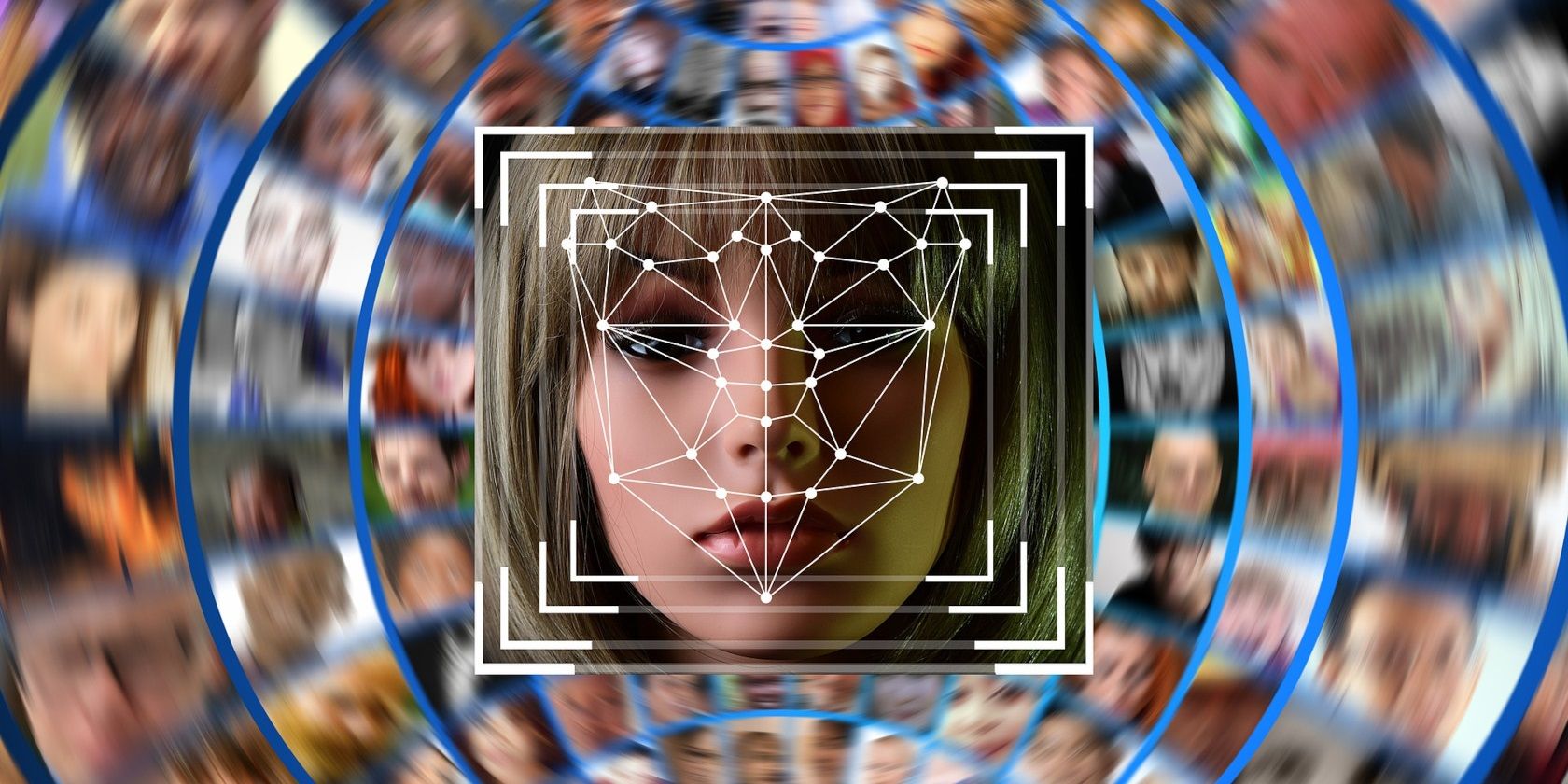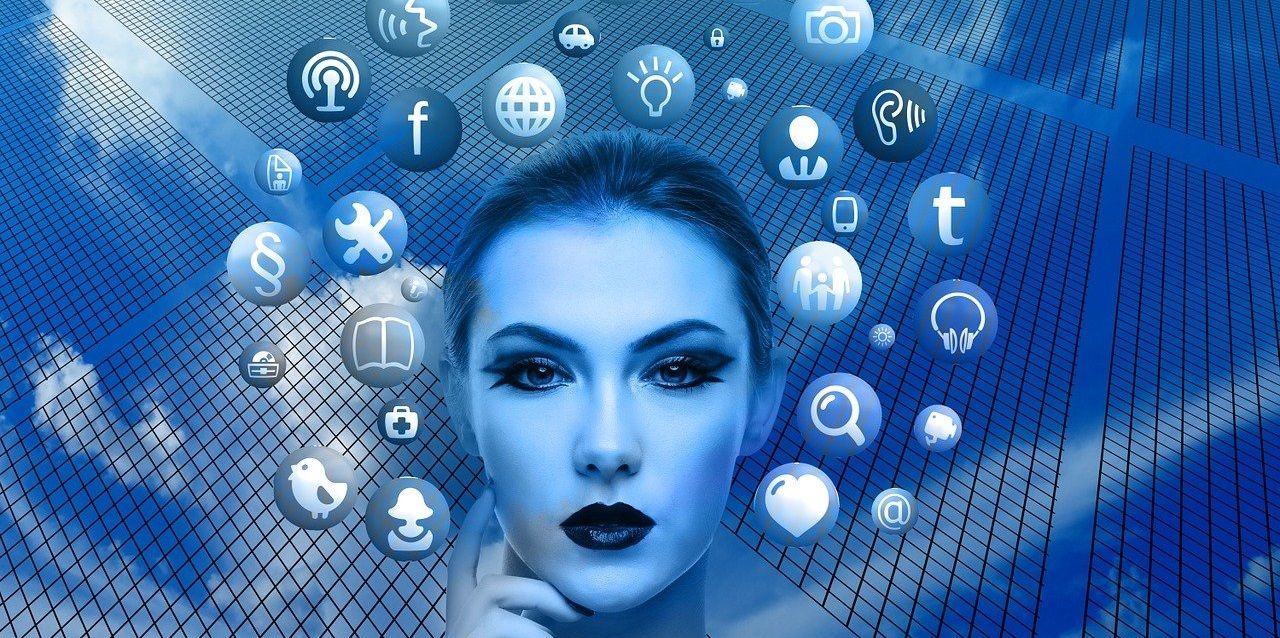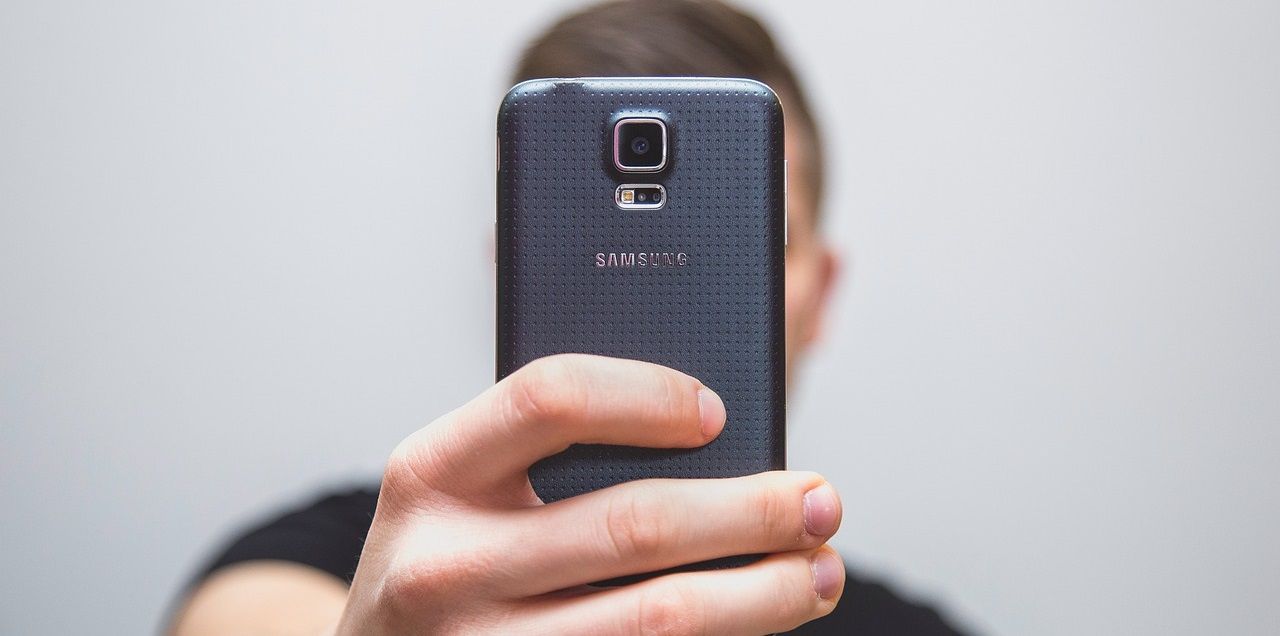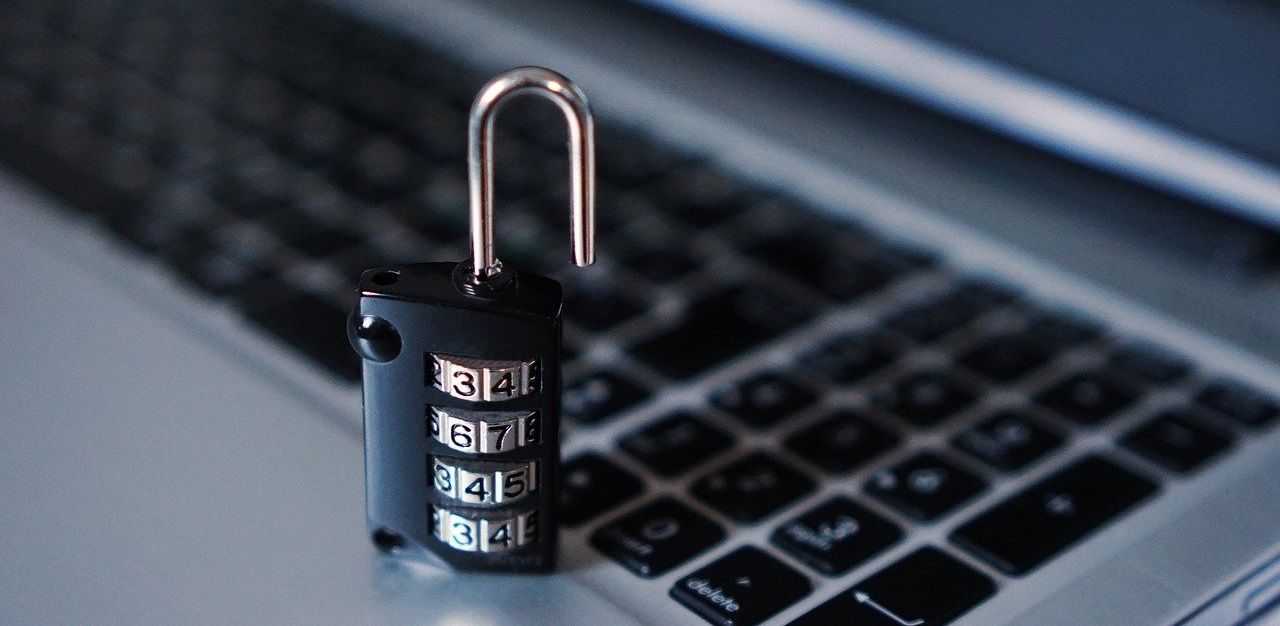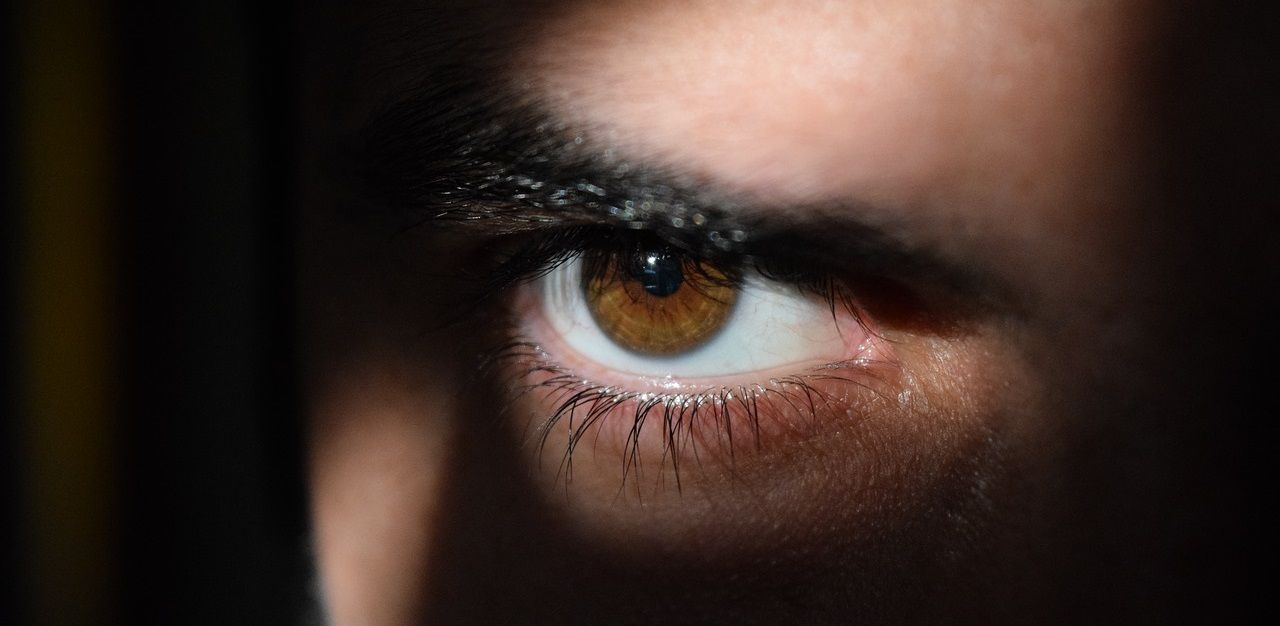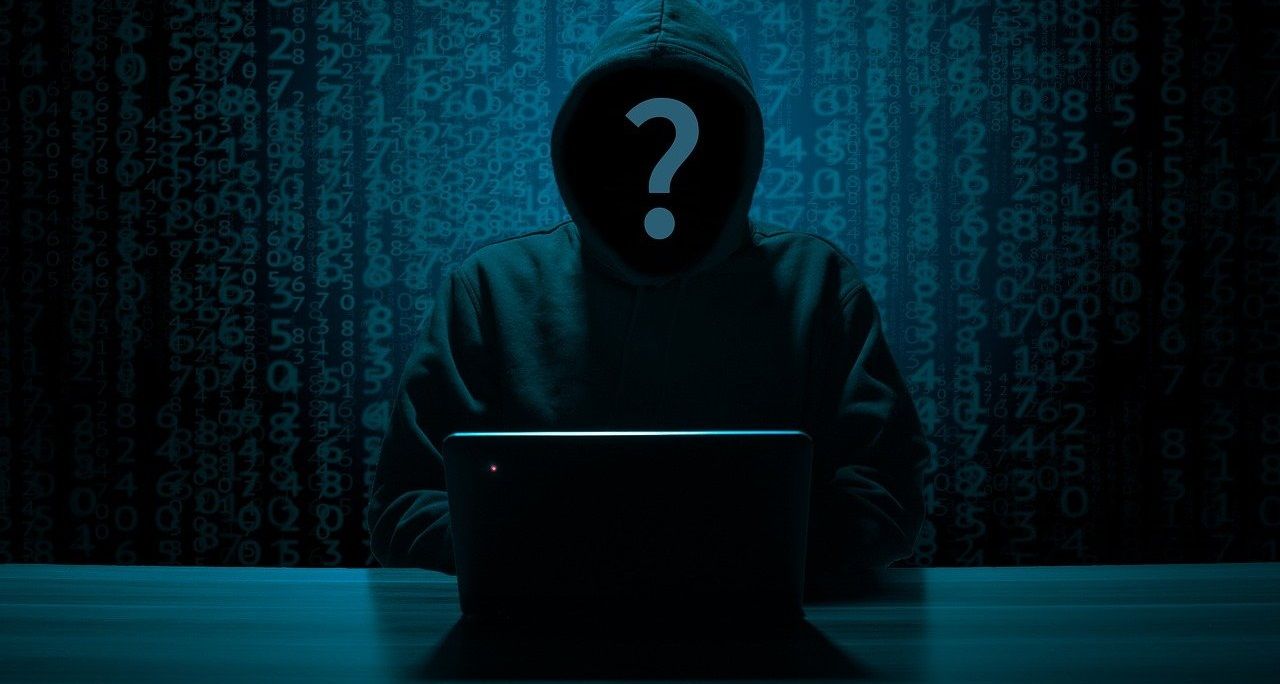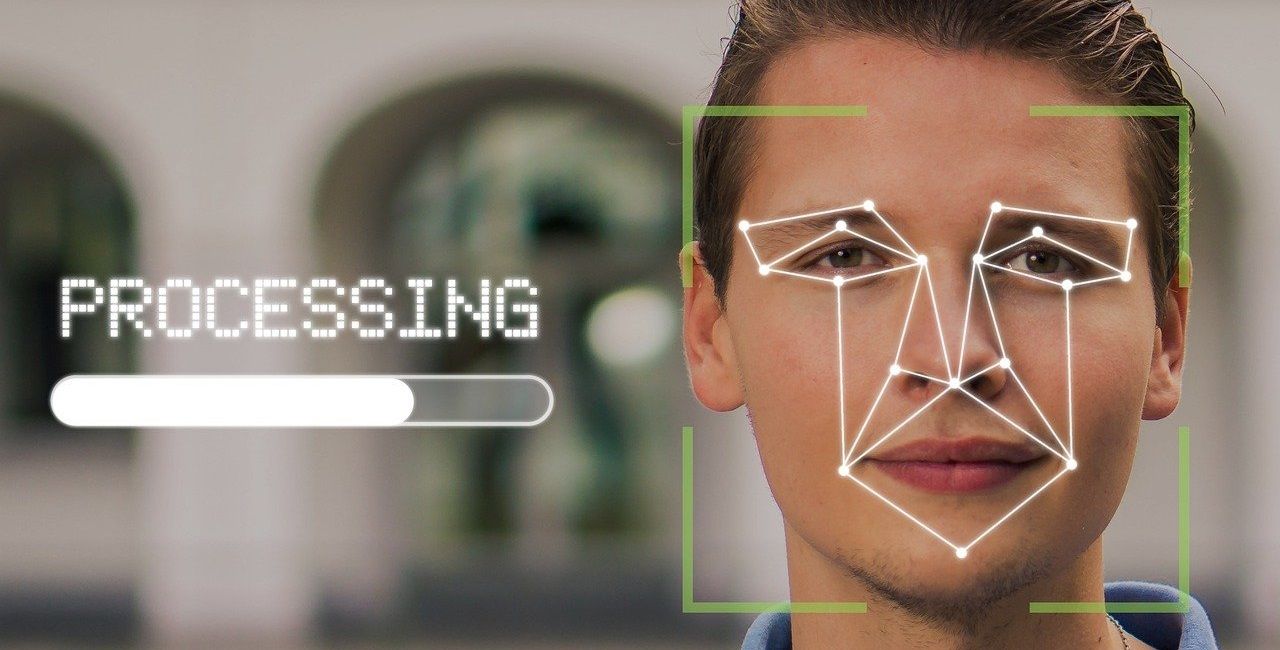Despite being captivating and novel, facial recognition doesn't seem to flow well with some people. And you probably also have your reservations about it, especially when it gives you the notion that you're being bugged or monitored.
Many myths are flying around about this technology. But how true are they? Let's see some of these common myths and debunk them.
1. Attackers Can Use Facial Recognition to Hack Your Social Media Account
Hackers leverage data breaches to initiate several attacks on their victims. But how far do they go to achieve this? And do they need your face to do it?
While your face might be all over your social media handles, it doesn't sound practical that anyone would need it to hack you, anyway.
For instance, cyber attackers have used information like email and phone numbers to hack into people's Facebook accounts in the past. None of these attacks ever needed them to grab a victim's face for this purpose, either.
And identity theft, which may involve an attacker using your picture for impersonation, isn't related to facial recognition in any way.
That's because you take pictures of yourself using your camera and upload them to the internet, even before facial recognition came around. So, anyone can grab anybody's picture and impersonate them to scam others as we know it. Additionally, even if you fault this to facial recognition, it's still not a direct attack on your social account.
2. Your Smartphone Maker Collects Your Face Data
Although securing your smartphone using facial recognition requires an initial scan of your face, this is so your device can store it in its local memory.
Your phone then uses this to learn more about your face and open your smartphone the next time it scans you. So, it's not a trick by smartphone makers to deliberately grab your facial data and use it against your wish or consent.
The essence of integrating Face ID, and other facial recognition biometrics on smartphones, is to use it as an additional backup for fingerprinting and passwords. Like passcodes and fingerprints, your face data isn't relevant in a smartphone maker's production line.
Besides that, most smartphones that use face recognition store mathematical patterns of your face (which is key to the algorithm)—rather than collect your facial image verbatim into their database.
3. Face Recognition Is Easy to Bypass
Many devices and applications, including smartphones, smart home devices, PCs, and more, now use facial recognition as part of their access systems.
It's true that attackers now try to use several means to bypass these facial securities to gain unauthorized access to utilities and gadgets. But like password hacking or phishing attacks, it's also quite hard.
Additionally, face recognition technology is now more intelligent than ever, with most of them requiring more than mere pictures or disguises to get fooled.
Ultimately, retail outlets and warehouses now use facial recognition to identify potential intruders and shoplifters. Thus, we see facial recognition being hard to bypass than most conventional security systems.
However, we can't explicitly strike out the security vulnerabilities of facial recognition regarding this myth. There have been instances where the technology failed, but it's rare. Moreover, as with every security system, it has its loopholes. So, a loose assumption like this from only a few cases is faulty.
4. Facial Recognition Was Originally Made to Invade Your Privacy
With some parts of the world either banning or regulating facial recognition, this myth is controversial. But it's still wrong to assume that your privacy is always at stake because of facial recognition. Instead, a more solid argument against facial recognition is its unethical use in some cases.
That said, the original intent of facial recognition is to identify people precisely and accurately—not to spy on them. But the fact that it is weaponizable is undisputable.
China, for instance, has used facial recognition to track its citizens for surveillance reasons. But this privacy invasion was deliberately mediated by the government of a region, and isn't not the fault of the technology itself.
The approach that the Chinese government has made isn't an idea accepted worldwide, though. It doesn't seem like most European countries will consider such a track-down approach to surveillance in the face of impending worldwide regulation of facial recognition. Moreover, spying on people and invading their privacy is also possible without using facial recognition.
According to a 2020 report by Surfshark, only Luxembourg, Belgium, and Morocco, out of 194 countries, have explicitly banned facial recognition.
Thus, we see a problem of misuse of facial recognition against its original intent, which isn't to invade your privacy. And like facial recognition, any other modern technology is also vulnerable to abuse.
5. Hackers Can Easily Steal Your Facial Data
Data integrity is often another questioned aspect of facial recognition. Many people refuse to use this technology since they believe that their facial data isn't safe at any time. They also think that anyone can hack a database containing their face information, and probably use it unethically without their consent.
But your face data is as much as vulnerable to theft and loss as your email address or username is.
Thus, it's a general data breach concern and not a flaw of facial recognition itself. And indeed, with key players now using dedicated cloud storage to store facial data, your information is more secure than you think.
6. Facial Recognition Stops Recognizing You as You Age
There are many facial recognition technologies out there, and each has a purpose. However, most facial recognition technologies work on trained models to learn facial patterns over time.
Thus, face recognition isn't a one-time scan of the face, as you might have wrongly believed. Apple Face ID, for instance, works by identifying the changes in your facial expression over time. Most face authentication systems work the same way.
Having some wrinkles or a mustache build up on your face doesn't stop the face recognition algorithm from recognizing you. In some cases, it might even be smart enough to recognize you when you wear a mask or attach a contact lens.
7. Facial Recognition Is Safer Than Other Authentication Technologies
While face recognition security is deemed secure, this is still only to a certain extent.
Although it uses several face patterns and actions to identify faces, the technology still not as secure as other biometric authentication systems—like fingerprints or passwords.
Face recognition is different from other authentication systems because its efficiency is strictly dependent on precision and accuracy. Thus, it may fail if its accuracy is faulty. Fingerprints, on the other hand, use the patterns of your palm to authenticate access. Of course, this is unique to each individual and difficult to fool than face recognition.
8. Facial Recognition Does Not Recognize Faces as Accurately as Humans
While you can recognize only a few faces without making mistakes when you see them again in the future, your processing time is often slow, especially when you're dealing with a crowd or someone you've not seen after a long time.
Facial recognition technology, on the other hand, is a machine dedicated to this single course.
Therefore, a machine not only processes these images rapidly. But it's also accurate and can recognize thousands to millions of different face types accurately. It even has a higher propensity of becoming better at remembering someone's face after a long time.
That's not true for human memory, as it can't process as fast as a machine, probably due to some biological and psychological factors.
Facial Recognition Is Not Inherently Bad
Image recognition technology is rapidly evolving and gaining traction. It's extending its tentacles to various spheres of life like forensic investigations, object search, facial unlock, and more. But face recognition has resulted in a level of mistrust among people.
Although there are many myths here and there about it, like any modern technology, facial recognition itself doesn't have bad intentions. But how people use it determines how you perceive it.

